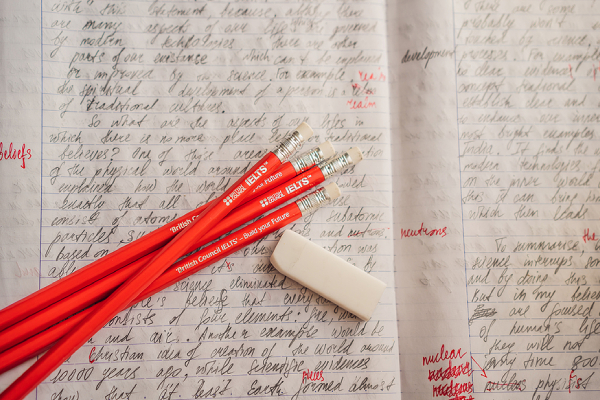The ultimate goal of learning English in Singapore is to be able to use it more frequently and fluently. For you to sound more native, you can memorise and use easy-to-remember and commonly used English phrases.
Here is a list of the top 10 most commonly used English phrases for conversations:
1. “How you doing?”
This can sound like a pickup line, but natives shorten the very lengthy “How are you doing today?” to make the conversation more informal and fluent.
2. “Whatcha doin’?”
This is also a part of the greeting rituals used to start a conversation. An informal and fluent way of asking “What are you doing?”
The above phrases are used in conversation and aren’t necessarily correct when writing. (Except when it’s used in a dialogue form).
3. “What’s up?”
Another short phrase when making introductions. A native would sometimes reply with a joke like “the sky.” even if you are inherently asking them what they are doing and how they are.
4. “Meet up!”
Use this phrase when you want to socialise with someone or a group of people.
Simply ask someone you’d like to hang out with a “When can we meet up?” or “Let’s meet up!”
5. “Thanks so much!”
If you are really happy with someone’s service or really appreciative of what someone did for you, instead of saying only “thank you” abbreviate it to “Thanks” and add a “so much!”
Adding these extra words would make you seem so much more grateful.
6. “Excuse me”
English speaking folk are very considerate and friendly. Whenever you want to pass someone in your way or approach someone you don’t really know, you can use this phrase to start the conversation.
Simply say “Excuse me, sir, can I please pass?” or “Excuse me, ma’am, you’ve left your sweater on the chair.”
7. “That’s awesome!”
Very commonly used in everyday conversations to express excitement or feelings towards something great and wonderful.
8. “Keep me posted.” or “Keep in touch!”
This phrase is typically used at the end of a conversation. Basically, it means to keep you in the know with what happens next in a person’s life.
They could either send you messages or give you a phone call every now and again to keep you updated.
9. “See you!”
After having a friendly chat with a stranger or a friend, you’d end the conversation with a ‘bye bye, see you,’ even if you might not see them again.
This is a phrase politely used by natives to say “it was nice to speak to you. I hope that I’ll see you again someday.”
The next time you attend one of your English courses, say this phrase at the end of the class to your teacher and classmates when making your leave.
10. “Sorry!”
Use this or “I’m so sorry!”, “I’m really sorry!” or “Sorry so much!” – Yes, native speakers are prone to say sorry a lot!
They apologise a lot be it interrupting a conversation to accidentally knocking something over or doing something (they think) is wrong.
When you incorporate this phrase into your everyday expressive English, you’ll come across as a polite native.
There are many more phrases that English speakers use, so pick them up and start using them easily. However, still, the best way to pick up English is to start from young by going to English lessons for kids.












